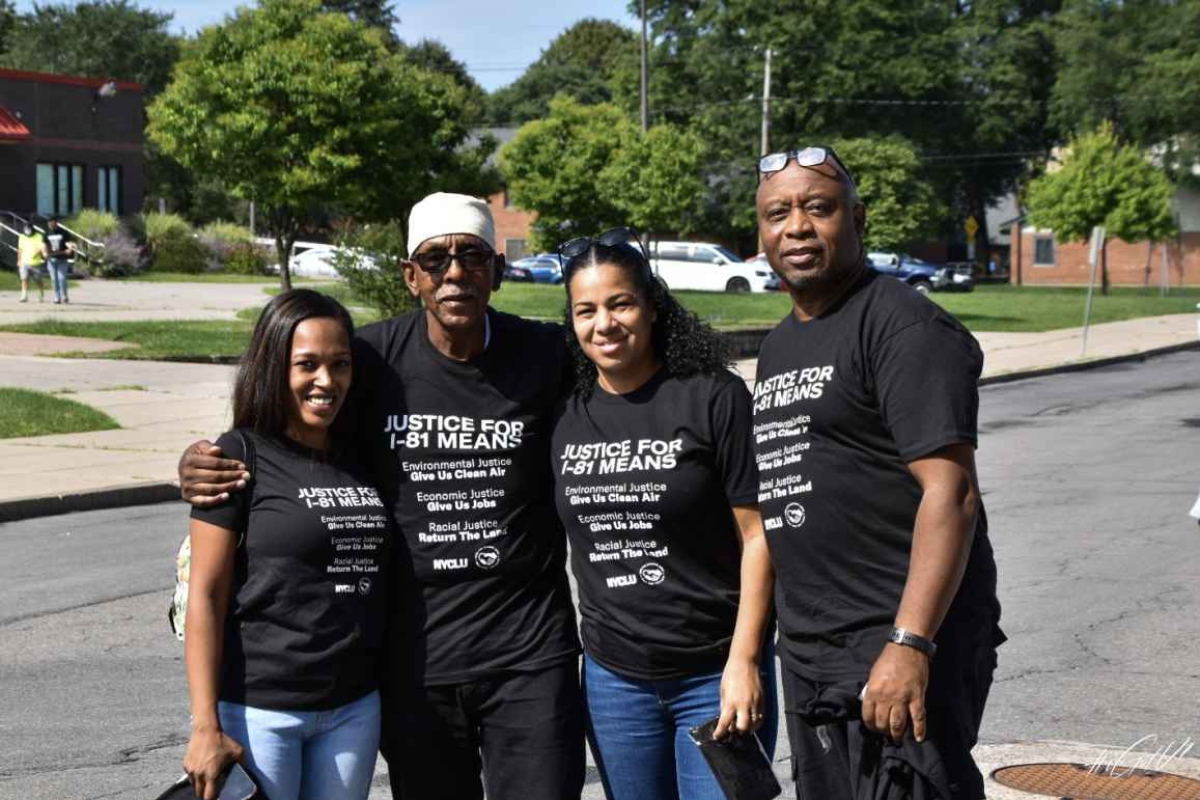Central New York Office

About Us
The NYCLU’s Central New York Office was founded in 1963 and serves Onondaga, Madison, Oneida, Seneca, Oswego, Cortland and Cayuga counties. We receive daily requests for advice, information, referral and legal assistance. A committee of volunteer attorneys works with the office director to review and assess requests for legal assistance. Other office committees pursue projects for membership development, fundraising, outreach and public education. We are always looking for people with interests and skills that can increase the effectiveness of our board and office committees.
The mission of the Central New York Office is to protect and advance:
- Your First Amendment rights – freedom of speech, association and assembly; freedom of the press, and freedom of religion.
- Your right to equal protection under the law – equal treatment regardless of race, sex, religion or national origin.
- Your right to due process – fair treatment by the government whenever the loss of your liberty or property is at stake.
- Your right to privacy – freedom from unwarranted government intrusion into your personal and private affairs.
We work also to extend rights to segments of our population that have traditionally been denied rights, including people of color; LGBTQ people; women; people experiencing mental illness; incarcerated New Yorkers; people with disabilities; and the poor.
If the rights of society’s most vulnerable members are denied, everybody’s rights are imperiled.
